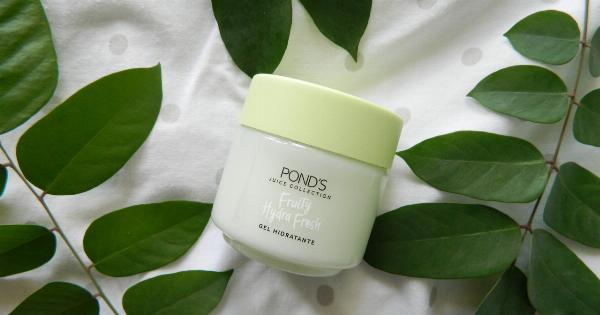Acne is a common skin condition that affects millions of people worldwide. It often starts during puberty and can continue into adulthood.
While many factors contribute to the development of acne, certain habits can significantly increase the likelihood of breakouts. In this article, we will explore the top habits that lead to acne and offer tips on how to prevent and manage this frustrating condition.
1. Poor Facial Hygiene
One of the primary habits that lead to acne is poor facial hygiene. Failing to cleanse your face regularly can result in a buildup of dirt, oil, and dead skin cells, which can clog your pores and cause breakouts.
It is important to cleanse your face twice a day using a gentle cleanser specifically designed for acne-prone skin.
2. Popping or Squeezing Pimples
As tempting as it may be, popping or squeezing pimples can worsen the condition and increase the risk of scarring. When you squeeze a pimple, you can push the bacteria deeper into the skin, leading to more inflammation and potential infection.
It is best to leave the blemishes alone or seek professional help from a dermatologist.
3. Using Harsh or Irritating Skincare Products
Using skincare products that contain harsh ingredients or are not suitable for your skin type can irritate the skin and exacerbate acne. Avoid products that contain alcohol, fragrances, or other potential irritants.
Instead, opt for gentle, non-comedogenic products that are specifically formulated for acne-prone skin.
4. Neglecting to Moisturize
Some individuals with acne-prone skin believe that moisturizing will make their skin oilier and worsen their breakouts.
However, skipping moisturizer can actually lead to increased oil production as the skin tries to compensate for the lack of hydration. Choose oil-free, lightweight moisturizers that will keep your skin balanced and hydrated.
5. Poor Diet Choices
While there is no direct link between diet and acne, some studies suggest that certain foods may aggravate the condition. High-glycemic-index foods, such as sugary snacks, white bread, and processed foods, have been linked to increased acne severity.
Additionally, dairy products and foods high in saturated fats may contribute to acne development in some individuals. Incorporate a balanced diet rich in fruits, vegetables, whole grains, and lean proteins to support overall skin health.
6. Excessive Sun Exposure
Sun exposure can temporarily improve acne due to its drying effect on the skin. However, the benefits are short-lived, and excessive sun exposure can lead to long-term damage and premature aging.
It is crucial to protect your skin from harmful UV rays by wearing sunscreen with at least SPF 30 and seeking shade during peak sun hours.
7. Not Changing Pillowcases Regularly
Another habit that often goes unnoticed is neglecting to change pillowcases regularly. Pillowcases collect dirt, oils, and bacteria from your face and can reintroduce them to your skin every night. This can lead to clogged pores and breakouts.
Aim to change your pillowcases at least once a week to minimize the risk of acne-causing bacteria.
8. Constantly Touching Your Face
Touching your face throughout the day can transfer bacteria and oils from your hands to your skin, leading to clogged pores and breakouts. It is essential to resist the urge to touch your face and keep your hands clean by washing them regularly.
If you must touch your face, make sure to wash your hands thoroughly beforehand.
9. Using Dirty Makeup Brushes
Makeup brushes and sponges can harbor bacteria, oil, and residue from previous applications. When you use dirty brushes, you are essentially spreading these impurities onto your face, which can lead to acne flare-ups.
Clean your brushes regularly using mild soap or brush cleansers to maintain good hygiene and prevent breakouts.
10. Stress and Sleep Deprivation
Stress and sleep deprivation can wreak havoc on your overall health, including your skin. When you’re stressed, your body produces more cortisol, a hormone that can increase oil production and lead to acne.
Lack of sleep also interferes with the rejuvenation process of the skin, making it more prone to inflammation and breakouts. Prioritize stress management techniques and aim for a consistent sleep schedule to support your skin health.
Avoiding these habits that lead to acne is crucial for maintaining clear and healthy skin.
By adopting a consistent skincare routine, eating a balanced diet, taking measures to minimize stress, and being mindful of your everyday habits, you can reduce the frequency and severity of acne breakouts. However, if your acne persists or becomes severe, it is recommended to consult a dermatologist for personalized advice and treatment options.




























